The Writing Life with Literary Author Rocco Lo Bosco
A writer for over three decades, Rocco Lo Bosco has published poetry, short stories and two novels. His first novel, Buddha Wept (Greycore Press, 2003), about a spiritually gifted matriarch’s experience of the Cambodian genocide, received good reviews (e.g., Publishers Weekly) and much praise from readers, many of whom called it “life changing.” His current novel, Ninety Nine, is published by LettersAt3amPress. Lo Bosco also has a nonfiction book in press with Routledge (2016), co-authored with Dr. Danielle Knafo, a practicing psychoanalyst, entitled Love Machines: A Psychoanalytic Perspective on the Age of Techno-perversion. He is currently working on his third novel, Midnight at the Red Flamingo. Additionally, he has edited papers in the fields of psychoanalysis and the philosophy of science and has also worked as a ghost writer.
Connect with Rocco on the web:
What’s
inside the mind of a literary author?
It
depends on the particular author, but surely there’s overlap among minds with
similar concerns. If one is writing a novel, the characters are probably
knocking around in the author’s brain, arguing with each other and the author
about what’s going to happen next. Some narrative trajectories may light the
inner sky of mind and trail off in a fizzle. Others will burn brightly against
the darkness until they assume a power that’s irresistible. Additionally, the ruthless eye of the author
is always taking in real events happening around him or her––good, bad, funny,
poignant, tender, shocking, horrific, and so forth––with greedy intent to mine
them for a story.
What
is so great about being an author?
Being
an author provides the means to shape the messy tragedy of human existence into
something that sings. In this sense it elevates the author, and this elevation
has little to do with whether he or she is published or has
even written something good. No, this elevation refers to an
embodied perspective that demands a gesture of transcendence. That is, the
story must, by structural necessity, assume an ontological position. The
attempt to write a story with literary value expresses a unique and particular
relationship with and position within the fact of being alive and embedded in
history.
When
do you hate it?
I
don’t.
What
is a regular writing day like for you?
It’s
like any other day because I write almost every day. Sometimes it’s easy and
sometimes it’s very hard. It doesn’t matter. I always put the time in, usually
in the morning.
Do
you think authors have big egos? Do you?
What
is a big ego? An exaggerated sense of self-importance? Assuming we define it
that way, then how would such an exaggeration be properly gauged? It would
always be a matter of a presupposed standard underlying someone’s
opinion—either the opinion of the one possessing the “big ego” or the opinion
of others who know that one. So essentially we are speaking of masks and
mirrors––the masks we assume in social situations and their reflective quality,
the ongoing evolution of projection, the fictive quality of our assessment of
others. I do not know if I have “a big ego.” I believe some who know me would
say “yes,” and others would say “no.” Perhaps their answers would have much to
do with the “size” of their own egos––whatever that might mean.
How
do you handle negative reviews?
I
look to see if I agree with any of what is said by the reviewer. That’s easy to
know because it hurts, and the hurt feels right. As the pain fades, I then try
to incorporate a correction of insight into my future work. If I do not
agree––that is, if what the reviewer says does not resonate with me––I am not
affected by the review at all.
How
do you handle positive reviews?
After
I finish stroking myself over the good review, I reread it and turn it inside
out. That is, I read it with an eye to errors in judgement made by the
reviewer. If, indeed, I then feel damned by some aspect of the reviewer’s
praise, I do exactly the same thing I do with a bad review that I feel has some
validity: I attempt to incorporate a correction of insight into my future work.
What
is the usual response when you tell a new acquaintance that you’re an author?
I
hardly ever do this, even when I am sometimes asked what I do. When I do tell
someone I write, the person’s reaction can range from complete indifference to
avid interest. Sometimes I will enjoy telling someone about what I’m working
on, but mostly I do not. What does it matter what people think about my working
as an author? I have no interest in
that. I’m concerned with their work as readers––what they think of my writing
and the writing of others.
What
do you do on those days you don’t feel like writing? Do you force it or take a
break?
When
I don’t feel like writing, I write anyway. There’s no force or breaks
involved.
Any
writing quirks?
Yes.
I have my ritual before I begin. This is it:
1. Walk
around the apartment for 5-10 minutes, musing about this and that and looking
out various windows.
2. Make
a cup of coffee.
3. Muse
while waiting for the coffee to brew.
4. Take
coffee to writing station.
5. Look
out window by writing station one more time.
6. Sit
down, open computer and GET TO IT.
What
would you do if people around you didn’t take your writing seriously or if they
saw it as a hobby?
It
was that way for the first ten years I wrote. It did not make a difference to
me. During that time a friend once referred to my writing as a hobby. After I
belly laughed for a full minute, I wiped the tears from my eyes and said,
“Yeah, but it’s surely an important hobby. Only one thing I do comes second to
it.”
“What’s
that?” he asked.
“Living,”
I answered.
Some
authors seem to have a love-hate relationship with writing. Can you
relate?
Yes
and no. My relationship to writing is somewhat like my relationship with
myself. I must exist to know I exist; if
I am, I know I am, and because I know I exist, I must write. Writing is a
response to my own existence. Now, I believe love and hate are felt in response
to anything (or anyone) of central importance to a person. Why is this? Because
there is both love and hate already in and for
one’s self-existence, if for no other reason than the awful burden of mortality
and the toll it takes on human sanity.
Do
you think success as an author must be linked to money?
No. In this way I am at complete odds with my
culture, which embodies the command that what doesn’t make money shall have no
value.
What
has writing taught you?
It
has taught me to write. It has aided my ability to think critically. It has
made me examine what I feel in a more nuanced way. It has caused me to
recollect my life in much greater detail than I would have if I did not write.
It has inspired my imagination. It has made me read more and always with the
eye to how a work of literature (or philosophy or science) is constructed. It
has provided a platform of transcendence by which the tragic aspect of life can
be viewed with humor and wit and embraced more openly. Lastly, it has taught me
to happily keep my own company.
Leave
us with some words of wisdom.
Wisdom
is found more in the questions we ask then the answers we give.
Title: Ninety Nine
Genre: Literary Novel
Author: Rocco Lo Bosco
Website: roclobosco.com
Publisher: Letters at 3am Press
Purchase
on Amazon
During the summer of 1963 in Brooklyn,
Dante’s family falls into financial ruin after his stepfather borrows money
from loan sharks to start his own trucking business. Young Dante has his first
love affair, with an older woman, while his stepbrother Bo struggles with
murderous impulses over his mother’s abandonment. The brothers become part of
the Decatur Street Angels, a wolf pack led by their brilliant cousin who
engages them in progressively more dangerous thrills. Four event streams—the problem
with the loan sharks, Dante’s affair, Bo’s quest for closure, and the daring
exploits of the Angels—converge at summer’s end and result in a haunting
tragedy.
Ninety Nine is
a fierce coming-of-age story, with tight plotting, interesting characters, and
the timeless ingredients of any good piece of fiction—the anguish of change,
the agony and ambivalence of love, the exuberance and craziness of youth, and a
tragic ending with the whisper of redemption.



















































































































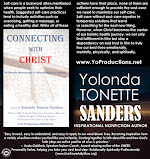


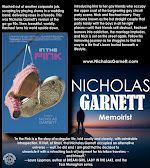


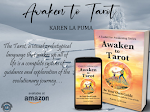
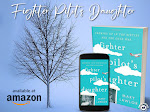




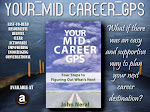
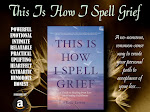
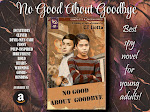


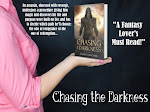
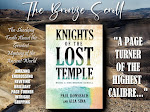


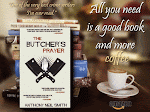
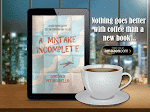
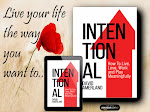
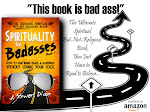

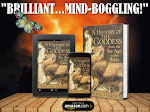

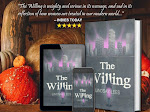
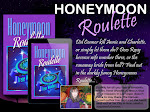
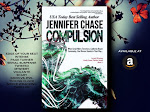
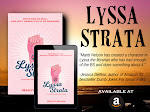
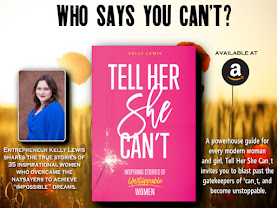









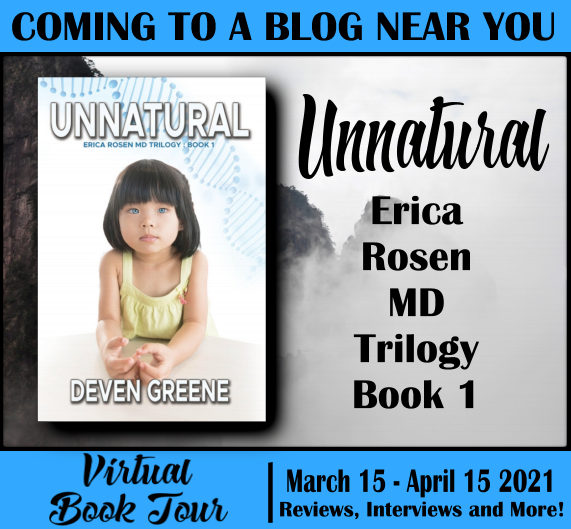
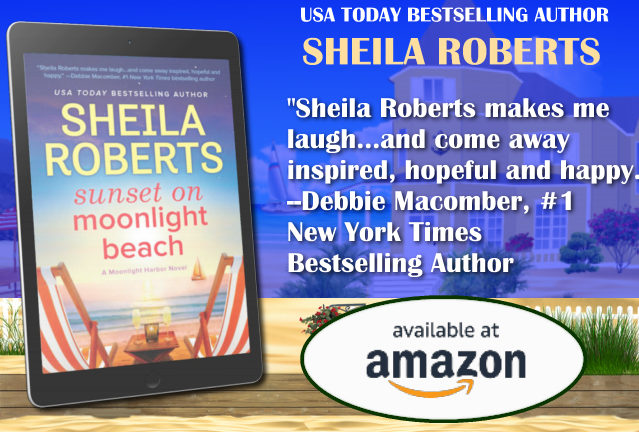



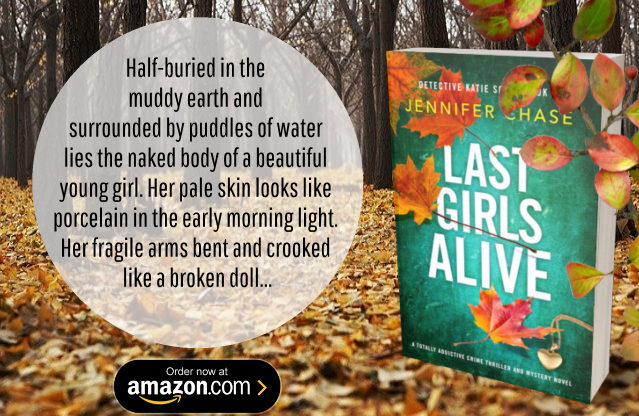
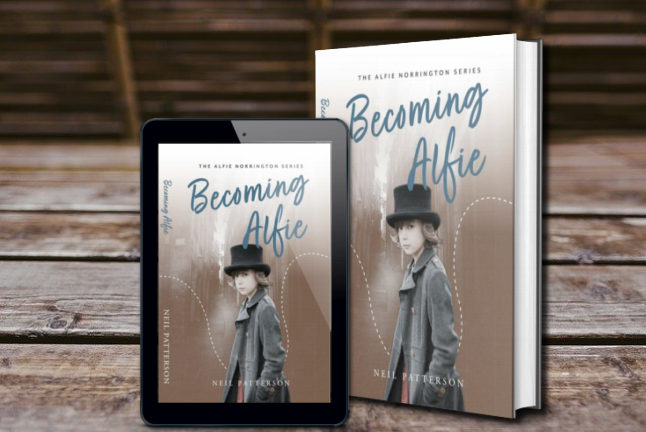
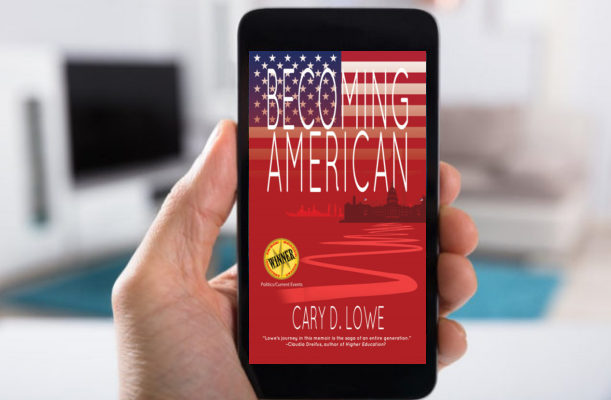

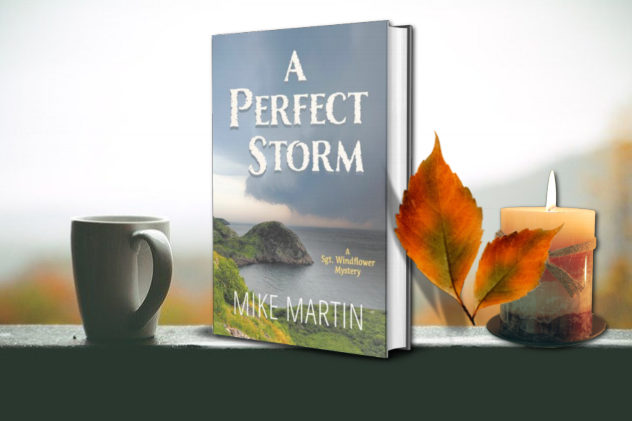
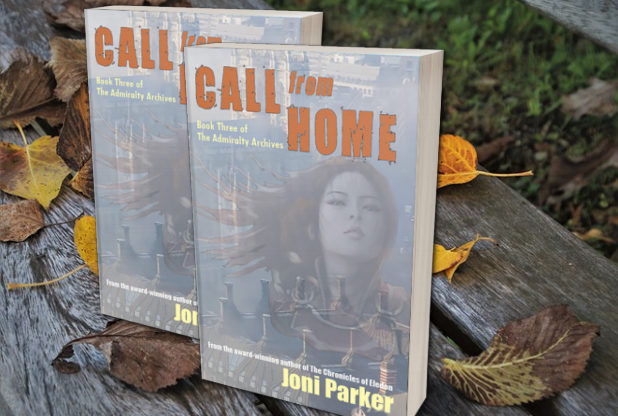
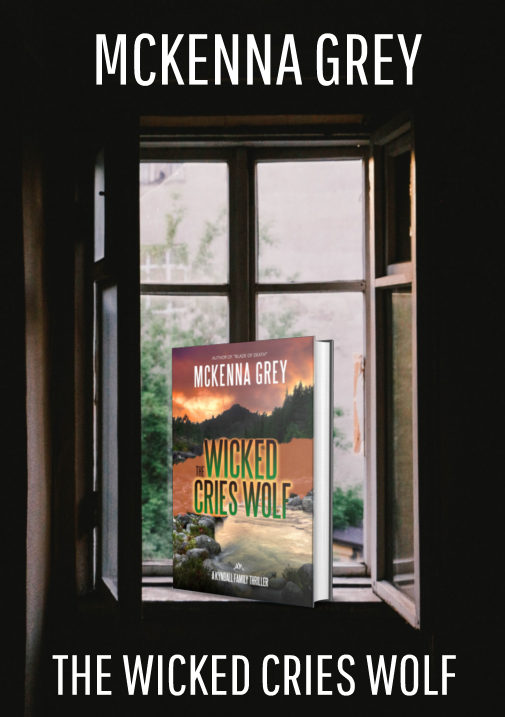


Leave a Comment